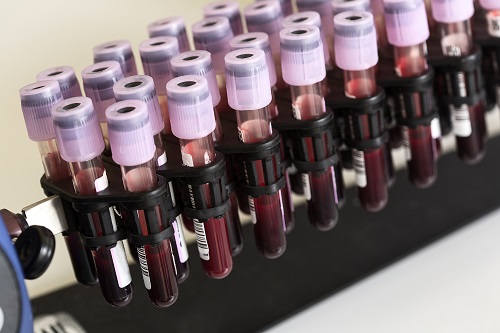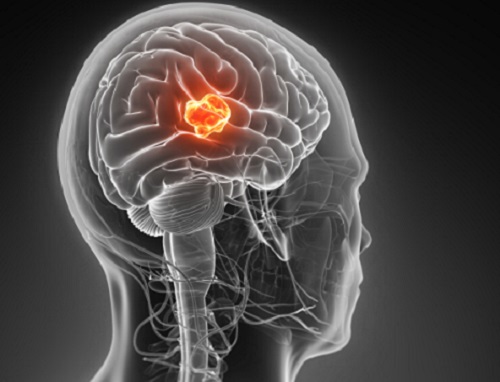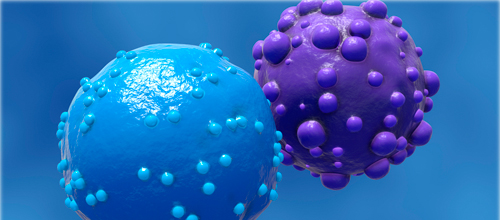January 31, 2018 (HealthDay News)
Single infusion provided durable remission with long-term persistence in pediatric, young adult patients
A single infusion of the anti-CD19 chimeric antigen receptor (CAR) T-cell therapy, tisagenlecleucel, provides durable remission in pediatric and young adult patients with relapsed or refractory B-cell acute lymphoblastic leukemia (ALL), according to a study published in the Feb. 1 issue of the New England Journal of Medicine.
Shannon L. Maude, M.D., Ph.D., from the Perelman School of Medicine in Philadelphia, and colleagues conducted a study of tisagenlecleucel in pediatric and young adult patients with CD19+ relapsed or refractory B-cell ALL. Seventy-five patients received a tisagenlecleucel infusion and could be assessed for efficacy.
The researchers found that within three months, the overall remission rate was 81 percent, with all patients who had a response to treatment found to be negative for minimal residual disease. At six and 12 months, the rates of event-free and overall survival were 73 and 90 percent and 50 and 76 percent, respectively. The median remission duration was not reached. For as long as 20 months, persistence of tisagenlecleucel in the blood was observed. Seventy-three percent of patients had grade 3 or 4 adverse events that were suspected to be related to tisagenlecleucel.
“In this global study of CAR T-cell therapy, a single infusion of tisagenlecleucel provided durable remission with long-term persistence in pediatric and young adult patients with relapsed or refractory B-cell ALL, with transient high-grade toxic effect,” the authors write.
The study was funded by Novartis, the manufacturer of tisagenlecleucel.
Abstract/Full Text (subscription or payment may be required)
Copyright © 2018 HealthDay. All rights reserved.




